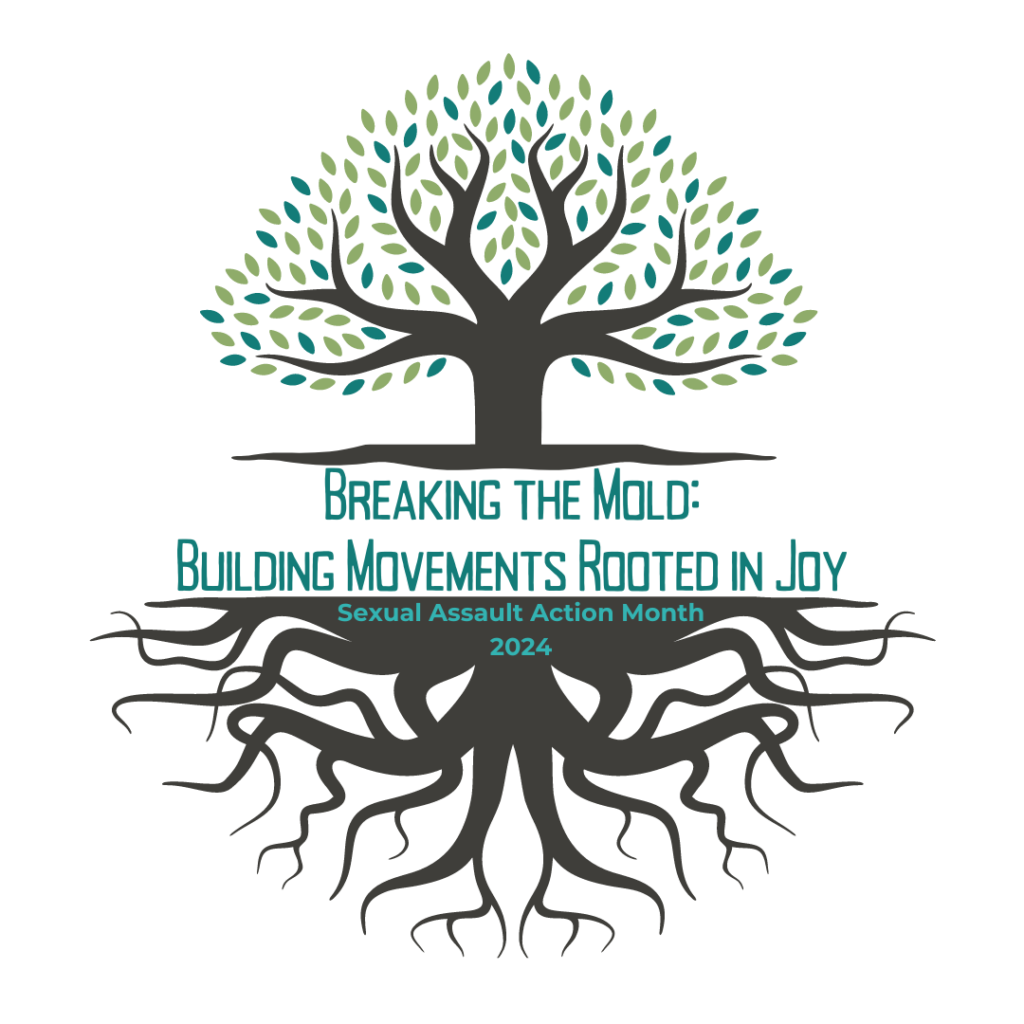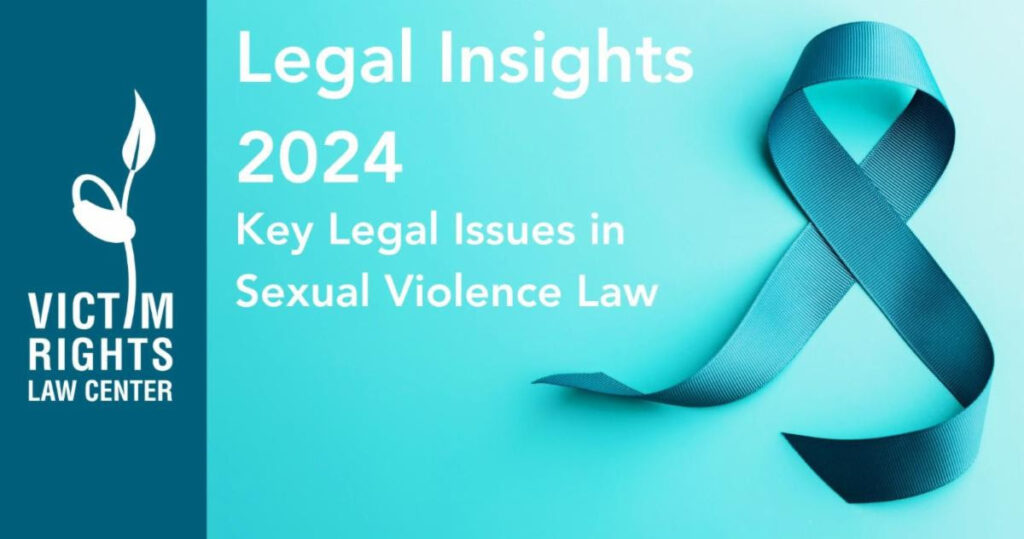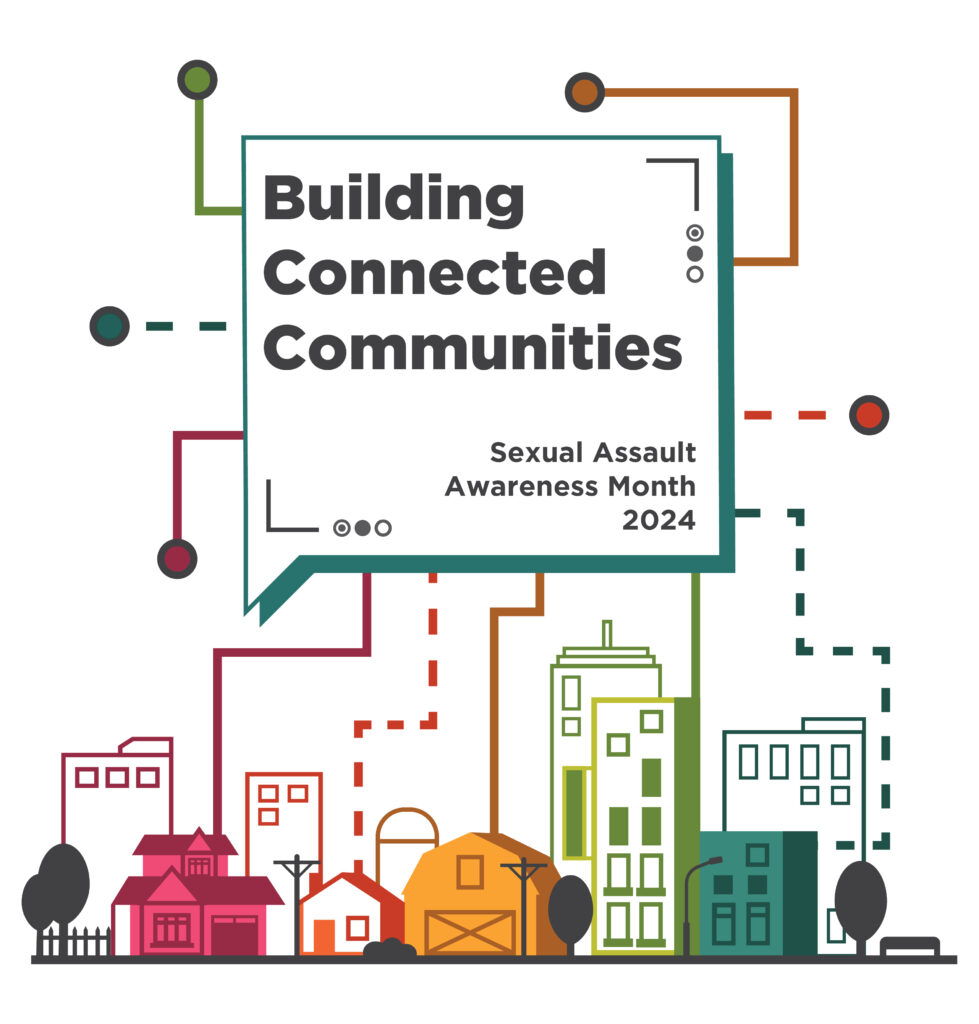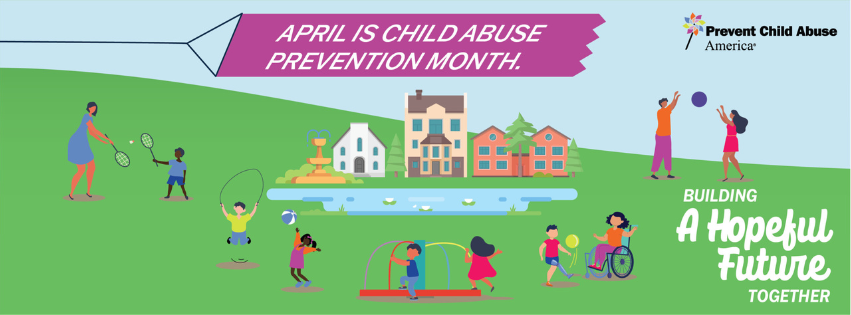The Oregon Coalition against Domestic and Sexual Violence’s (OCADSV) 2024 SAAM theme is
“Breaking the Mold: Building Movements Rooted in Joy.”

For Sexual Assault Action Month (SAAM) this year, we have a few offerings for you. Each week for SAAM, we will be discussing the intersection of sexual violence with several different topics that impact survivors. All of these materials are completely available for you to take and edit to suit your program’s needs.
First, we have our official artwork. In past years this was mailed out to programs with a selection in English, Spanish, and occasionally Russian or Vietnamese, depending on our capacity in a given year. This year, in an effort to create greater language access to our materials, we are providing these poster files online in these languages as well as Mandarin Chinese. You can download these files and print them yourself in the quantities, languages, and sizes you need.
Second, we have our social media toolkit. This toolkit provides basic information about online communications. As our world is more and more in the digital realm, it is important to be thinking about where your community exists. For programs seeking to reach survivors social media can be an invaluable tool- but it can be overwhelming to enter the virtual public square. Our social media toolkit will give you simple guides and captions (that correlate to images you can edit or use as they are) so that you can easily plug it into any social media post scheduler of your choice. These sample posts are tied to our weekly themes, so you can follow along- but feel free to post in any order and to adapt the language to what will resonate most in your community.
Third, Resources and information- See below for each week’s resource list, as well as the “Additional Resources” tab for other materials we hope you find useful for April from other organizations.
Please note that not all resources will work for every person, but we hope that you take what is helpful and make it your own.
In community,
Oregon Coalition Against Domestic and Sexual Violence
For questions regarding Sexual Assault Action Month, please contact: Jenna Cohan at Jenna@ocadsv.org
Please feel free to use these as-is or to customize these to fit your organization’s action month goals.
There is blank space to hand write or to digitally add your program’s information.
To customize digitally, save the file to your computer and upload into your editing software of choice. We use Canva, which offers a pro-user discount for non profits. This tool is easy to learn and they offer a large library of templates and tutorials.
Spanish, Russian, Chinese, and Vietnamese versions available now!
11 x 17″ Posters
Print to hang in your office, add to a bulletin board in your local library, or other community agency
4/2 SAAM Day of Action: #SAAMDayofAction
SAAM Day of Action Information
4/4 NAESV, Advocating for Survivor Services with Congress
International Anti-Street Harassment Week: April 14-20, 2024
4/18 SAAM Day of Giving
4/24 Denim Day: #DenimDay

4/24 Reclaim/Reclama Live: Healing Communities Through Art and Advocacy
The Sexual Assault Resource Center of Oregon invites you to join us for Reclaim/Reclama Live: Healing Communities Through Art and Advocacy on Wednesday, April 24th from 5:30-8:00pm at the Portland Community College Rock Creek Campus Event Center. For the past six years, SARC has provided a visual platform to uplift survivor voices through our annual publication of Reclaim/Reclama.

4/25 Victim Rights Law Center- Legal Insights 2024: Key Issues in Sexual Violence Law
LEARN FROM NATIONAL EXPERTS ON:
- Title IX and what students and educators should expect from the new regulations
- Defamation law and how to manage the continuing threat of perpetrators suing victims and the case trends
- Stalking laws and how they can be a tool to prevent sexual violence
- The intersection of reproductive rights and rape
Washington County April Event Calendar
Additional resources
Sexual Assault Resource Center of Oregon Book List for SAAM
KIDS Center’s Safe and Sound Program
CARES Northwest Prevention Education Youtube Resources Include:
- Being a responsible and trusted adult for youth
- Discussing safety with kids for play dates and hangouts
- Talking with your kid about sexually explicit media
Other relevant awareness month and week themes in the month of April
NSVRC on other April observances:
“April observances also include Child Abuse Prevention Month, Autism Acceptance Month, Asian American, Native Hawaiian and Pacific Islander Women’s Equal Pay Day, Black Maternal Health Week #BMHW, Earth Day and more. Although these happenings are not specifically coordinated as a part of Sexual Assault Awareness Month, sexual abuse, assault, and harassment intersect with various issues and topics.”
Are you hosting a Sexual Assault Action Month event or activity that you’d like us to share?
Send it to Rowan@ocadsv.org to be shared here and in our digest.
Mental Health and Substance Use Intersections with SV
Some points when talking about this intersection
The intersections between mental health, substance use/abuse, and suicidality and sexual violence have significant overlap between one another- but it is important to also consider them separately. Please feel free to use these talking points in your own messaging materials.
- There are many myths around how these topics intersect with Sexual Violence, such as:
- Myth: People who struggle with alcoholism are inherently more violent or are more likely to perpetrate harm. Preventing violence is, in part, avoiding those who use and/or “abuse” substances and staying away from these negative influences.
- Substance use and/or “abuse” can be in connection with a range of substances, not just alcohol. Using addictive substances does not show inclination towards hurting others- Assaulting, harassing, or harming another person is a choice that can and is made with or without addictive substances. A more reliable way to prevent violence among your loved ones is to develop connections with people in all intersections of your community, to communicate about shared values, and to affirm the value that all people hold. Normalizing substance use can aid the healing of survivors who might be inclined to explore addictive substances.
- Myth: If someone survives an assault, they will never recover from the loss of their autonomy. They are “damaged goods”, and not capable of forming healthy relationships.
- This is a common feeling and a harmful idea that is often shared throughout rape culture. In reality, individuals can and do find physical, emotional, spiritual, financial, and other kinds of healing from harm that has been done. No one is beyond repair. The more isolated someone is from empathetic and supportive friends or family, the more difficult this process can be- but it will never be impossible, and no one who has experienced sexual violence will ever be “too damaged” to be worth supporting.
- Myth: You must make a police report to receive services
- Community based advocates are here to support survivors with or without a police report. They can’t tell you what is best for you or give legal advice, but they can provide a metaphorical “map” where you pick the route. If you are considering making a police report, an advocate can help provide information, can be present for emotional support, and can aid in the process following.
- Myth: You must be in immediate crisis to reach out to a crisis line or advocate
- If you are a survivor, or have witnessed assault in your life, you don’t have to be in an emergency crisis situation to call a crisis hotline. These hotlines exist for YOU to access the support you need, whether you need the support for a situation that occurred 5 minutes ago or 20 years.
- Myth: Not discussing mental health or sexual assault with my child or other loved ones in my life will protect them from violence, using or abusing drugs or alcohol, or prevent suicide
- Discussing the scary things directly and letting someone who may be at risk know that you care deeply about them, especially with the young people in your life, can offer them the knowledge and the security needed to challenge situations or thoughts that make them feel uncomfortable in the moment it occurs.
- Myth: If a person doesn’t want to talk about their assault or mental health struggles that may have come up since then, then you should try to make them talk.
- No one is obligated to share their story, even with close friends, parents, or partners. Many people find discussing their assault experience to be healing, but if that story is convinced or coerced out of them it can retraumatize and cause harm. If someone wishes to not speak about it, knowing that their loved one supports them without needing details will be more helpful to them than drudging up what they are still processing. Not everyone will reach a point they want to share and that’s okay.
- Myth: People who struggle with alcoholism are inherently more violent or are more likely to perpetrate harm. Preventing violence is, in part, avoiding those who use and/or “abuse” substances and staying away from these negative influences.
- What to say to a loved one struggling with their mental health after experiencing sexual violence.
- “I’m going to be on your side of town today- would you like me to bring you lunch?”
- Don’t assume they want company, but let them know when you’re available to support them with tangible needs. Folks struggling with mental health, substance abuse, and suicidality may struggle to meet basic needs and one underrated act of love is to feed someone. Be okay with a no.
- “It’s okay to not be okay/It’s okay to be angry/sad/confused/hurt/kindly towards those who hurt you”
- Post traumatic feelings don’t always make logical sense, the last thing anyone needs is to feel shame for feelings that they don’t expect and letting them know those feelings are safe with you goes a long way to finding stability
- Sit in their grief with them if they want you there.
- “Would you feel better if I gave you company or would you rather be alone right now? I’m happy to be here for you however you need”
- Asking someone to leave or stay can feel awkward- no one wants to hurt someone’s feelings, especially when they’re feeling vulnerable. Take the pressure off of your loved one of letting them choose where you are most helpful to them.
- Some people might prefer to have a mix of contact- maybe they want to text you but far away. They might want to hold your hand and not speak. This is super important, especially for neurodivergent folks.
- “I saw that an advocate might be helpful in this situation, do you want me to help find one?”
- Help them research their options. A common myth is that survivors are obligated to report to law enforcement or they can’t recieve services. Actually, you can work with an advocate without reporting to law enforcement, and they can actually support with the law enforcement reporting process. Reporting an assault to law enforcement may not be the right answer for everyone- be someone they can explore options with, and if you can be with them as they do.
- “I’m here for you and I support you, but I want you to know that I cannot help with money/in the evenings/tasks that require driving”
- Tending to your needs is critical for supporting loved ones in difficult times. It is perfectly okay to set boundaries on what you are or aren’t able or willing to do. If it is okay with the survivor, if you have friends or family in common who may be able to meet the survivor’s needs that you aren’t able to, it could be helpful to coordinate with that person so the person you’re supporting doesn’t have to.
- “I’m going to be on your side of town today- would you like me to bring you lunch?”
Advocate Resources
- Books
- Book (Trauma Stewardship)
- The Body Keeps the Score
- Queering Sexual Violence
- Online Resources
- The Psychological Consequences of Sexual Trauma
- The Effects of Trauma: How Sexual assault and Suicide are Connected
- Harm Reduction as a Trauma-Informed Approach to Substance Use
- Military Sexual Trauma – A Risk Factor for Suicide | VA Mental Health
- Oregon Health Authority Harm Reduction
- Get Naloxone Now
- Save Lives Oregon
- Podcasts
For Survivors
- Podcasts
- Books:
- Overcoming Trauma Through Yoga
- Restorative Yoga for Ethnic Race Based Stress Trauma
- Waking the Tiger
- In an unspoken voice by Peter Levine
- Trauma, Stress, Resilience among Sexual Minority Women
- Written on the body : letters from trans and non-binary survivors of sexual assault and domestic violence
- Joining Forces Empowering Male Survivors to Thrive
- Letters to Survivors
- Color of Violence: The Incite Anthology
- Black Joy: Stories of resistance, resilience, and restoration by Tracey Michae’l Lewis-Giggetts
- Online resources:
Safe Housing
For Survivors
- Podcast
- Articles
Advocate Resources
- Sexual Violence & Housing Resource Collection
- Advocates guide
- Articles
- Rural housing advocacy
- https://www.hud.gov/vawa#faq
- HUD Announces New Resources for Advancing Housing Protections for Survivors of Domestic Violence, Dating Violence, Sexual Assault, and Stalking
- https://victimrights.org/population/homeless/
- Legal Housing Protections for SA Survivors : https://oregonlawhelp.org/node/31
- Podcasts/Webinars
Finally, we wanted to offer other Sexual Assault Action Month Toolkits and resources that may be of use to you for developing SAAM resources for your community. There is no one-size-fits all campaign that will work for all programs, here are some other resources that may be helpful to consider.


From the Sexual Assault Taskorce– SAAM and CAPM campaign
| Confidential Youth Advocacy Services Desk Reference Guide This resources is for people providing confidential advocacy services to youth throughout Oregon. It provides an overview of confidential youth advocacy, including emerging and best practices. It is meant to supplement existing advocacy knowledge, training, and resources to provide more depth on advocacy services with people under the age of 18 specifically. |
| Mandatory Reporting and Confidential Advocacy Partnership Guide This resource is for anyone who is in a position to interact with young people who have experienced violence and abuse. It is especially relevant for people who are mandatory reporters of child abuse. They can use this resource packet to better provide a wrap-around approach ensuring youth are connected to as many supports as meaningful and necessary to them. |
| How play prevents violence See this short video series from Oregon SATF and PCAO’s Growing Prevention Community Chats. |

Our Voices Have Power. Together, We Can Build Safe and Respectful Communities.
Building Connected Communities helps us reduce the likelihood of sexual abuse, assault, and harassment in our communities. Any space where people come together is a community, whether in neighborhoods, workplaces, campuses, organizations, or even online spaces.
Learn more about NSVRC’s 2024 SAAM offerings
Read more about the history of Sexual Assault Action Month
If you have any questions about our social media toolkit, or customizing/creating materials on Canva for SAAM, please reach out to Rowan at Rowan@ocadsv.org
